A Canadian Mine Sweeper Comes to the Rescue,
and More From Sholto Watt!
To accompany the photo above - filled with joyful faces - there is a fine article about soldiers repatriated to Canada in the previous post (link found at bottom of this entry). Some of the returnees were veterans of the Dieppe raid and had something to say about being shackled by their German guards.
I was happy to collect another fine article by Sholto Watt, a correspondent attached to The Montreal Star, who may have travelled with Canadians in Combined Ops, the men who handled many of the finest landing crafts in The Med ; ) from September 3, 1943 and into October. I am under the impression other writers for Montreal newspapers were also working in and around the Mediterranean Sea, so if I don't find an article by Mr. Watt shortly - that attaches him to the Canadian Flotilla of Landing Crafts (the 80th) - I will have to expand my search.
Expanding my search means more trips to the University of Western Ontario (London), scanning more microfiche, and creating more posts/entries that will provide articles and photos and pertinent details and flavour about the days when Canadian navy men were active transporting soldiers and all the materials of war from ship to shore.
Below you will find information collected from issues of The Montreal Star from October 22 - 24, 1943. If one of your family members or relatives was active during this time, in this place, please let me know. There is a comment box at the bottom of each day's entry and my email address is gordh7700@gmail.com.
The following story contains many names of U.S. fliers and Canadian seamen:
The time that servicemen and women spent reading mail from home was time in pleasant reverie. They loved their mail!
"Anybody who has relatives overseas should write lots of letters," said my father in a newspaper interview. "The Canadian boys like to get mail. It's as welcome as pay day - in fact, in Italy it's even more welcome because they can't spend money there." (Published in The Brantford Expositor, circa Jan. 1944)
The reminders to buy Victory Bonds was relentless in the 1940s, and this poem seems to fit right in with the many newspaper ads:
The Butcher's Bill in Italy...
More details related to the sinking of the Tirpitz, Germany's largest battleship:
Some remembrance events took place in Canada during the 1940s, maybe later too, known as Trafalgar Day. British and Canadian sailors were remembered for their heroism in battle:
Articles like the one below seem very rare, concerning the care given to servicemen for "mental and nervous derangements, every bit as grievous as physical wounds." We know much more about post-traumatic stress disorders (PTSDs) today than we did years ago and it is interesting, in my opinion (my father suffered depression and more, in later years, related in some ways to the war years), to encounter such reports:
The article below, though speculative in 1943, bears some truth:
German stamps and stocks are collectors' items for some people. The following were shown me by a family acquaintance recently:
The history of the British 8th Army is rich indeed, and Monty was regarded highly in many quarters, though not all...
I have said before that it was no easy job to be a war correspondent. U.S. Liberty ships were to be given names of some of those lost "in the present war":
More to follow from The Montreal Star.
Please link to Invasion of Italy (21) - Montreal Star (Oct. 16-19, '43)
Unattributed Photos GH

















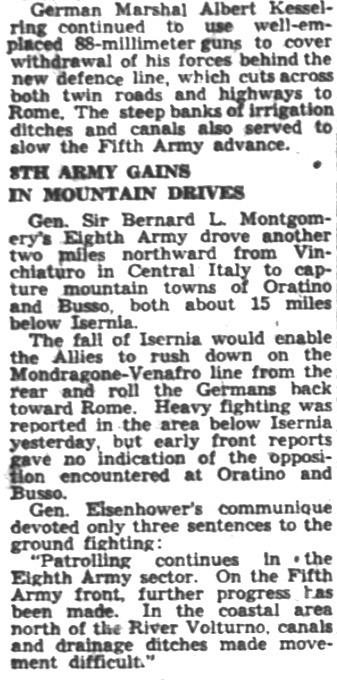
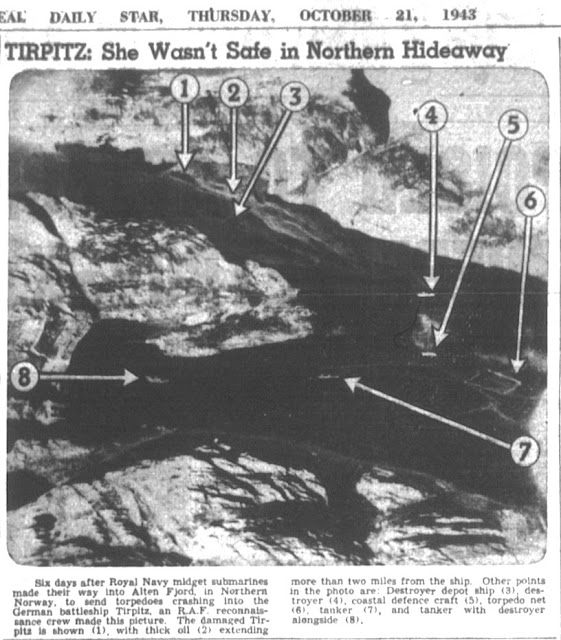















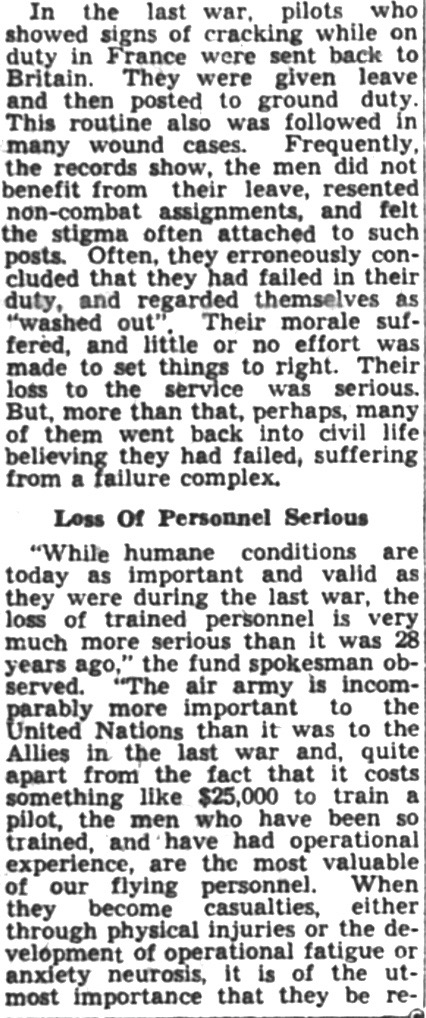
















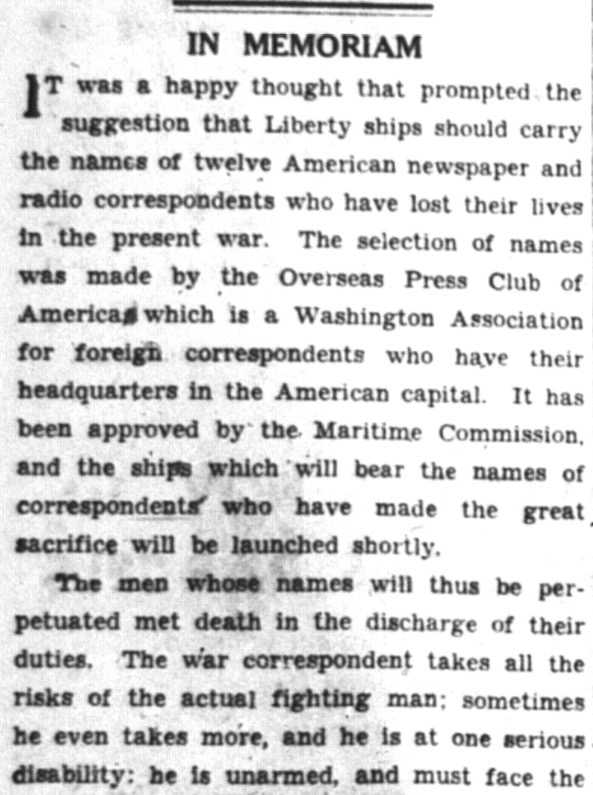




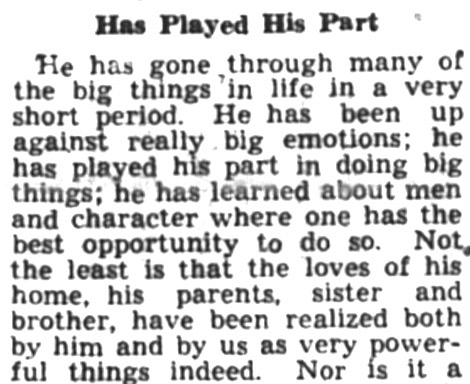

No comments:
Post a Comment